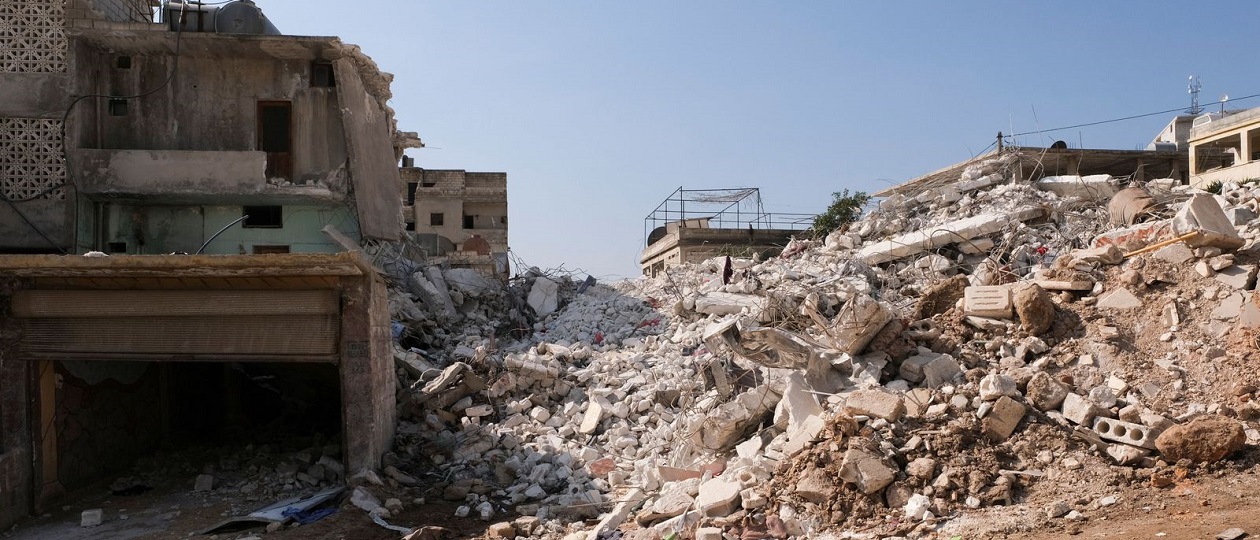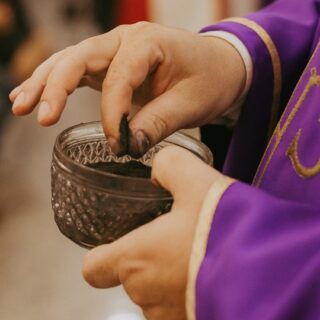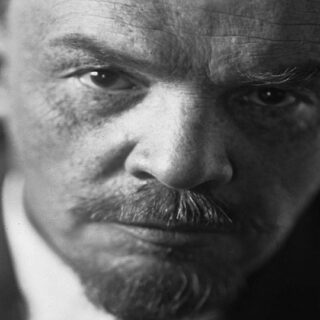
The death toll from a series of earthquakes in Turkey and Syria has topped 33,000, with 29,600 dead in Turkey and another 3,500 in Syria. Account is not closed.
Earthquake survivors are still being found. But search and rescue efforts are starting to slow down as the chances of finding people alive diminish. The central task is to help the victims.
Across the vast earthquake zone in Turkey and Syria, millions of people were left homeless, sleeping in tents, cars or in mosques that have been turned into temporary shelters. Those who are trying to help have huge logistical problems.
Cargo planes carrying rescue teams and humanitarian aid land around the clock, unload their cargo, and then leave quickly to make room for the next heavily loaded aircraft. The key node was the small airport of the city of Gaziantep, the runway of which was not damaged.
Meanwhile, an investigation into the quality of construction of houses begins. Since 2005, there have been strict requirements and standards for the resistance of buildings to seismic loads in the country. If the building was built later and collapsed, the developer will have to answer.
The authorities have already detained 134 suspects — contractors, architects and engineers associated with thousands of collapsed buildings. The apartment complex Ronesans Residence in the southern Turkish province of Hatay has gained notoriety. It was commissioned and inhabited recently, and completely collapsed from the earthquake, burying many hundreds of residents. The developer and his team are detained.
Local owners of cafes, restaurants and shops opened their doors to distribute free food and essentials.
The international consequences of the disaster are interesting. The misfortune brought Damascus and Ankara closer: the leaders have resumed dialogue and are ready to normalize relations. Armenia sent convoys of trucks to Turkey with help, opening the previously tightly closed border.
The Emir of Qatar, Sheikh Tamim bin Hamad al Thani, flew to Istanbul for the first time to meet with President Erdogan. Qatar has sent 10,000 motorhomes to the devastated areas and has also pledged other assistance.
For President Erdogan, the epic of overcoming the consequences of a national catastrophe means a lot. In particular, the prospect of his re-election depends on this. Erdogan speaks a lot, actively steers the process, admits shortcomings, but in recent days, it seems that the government is getting better at handling the crisis.





